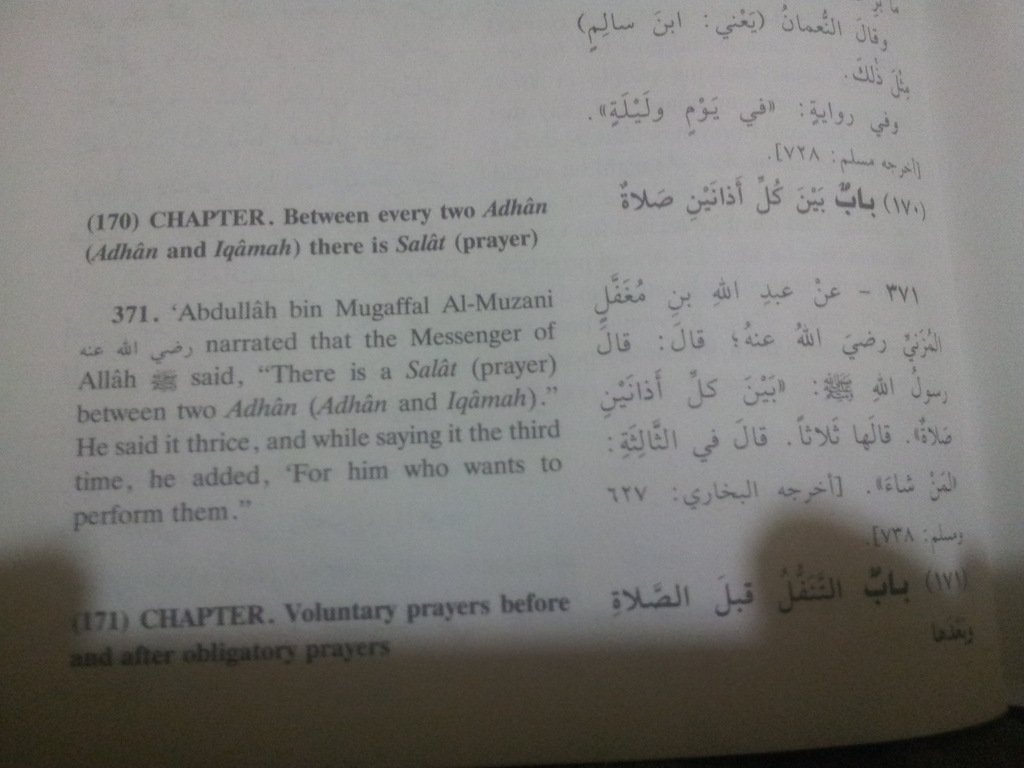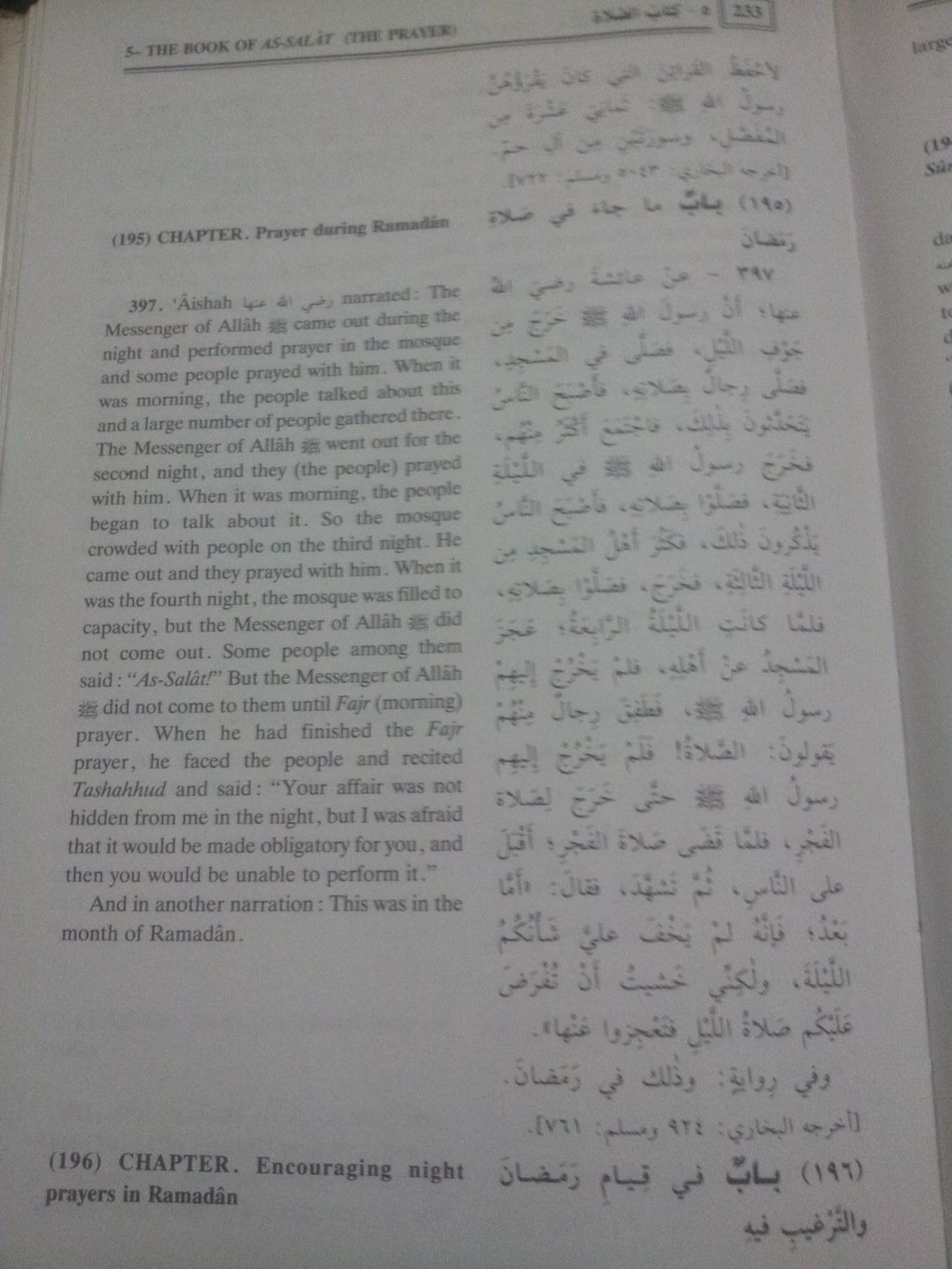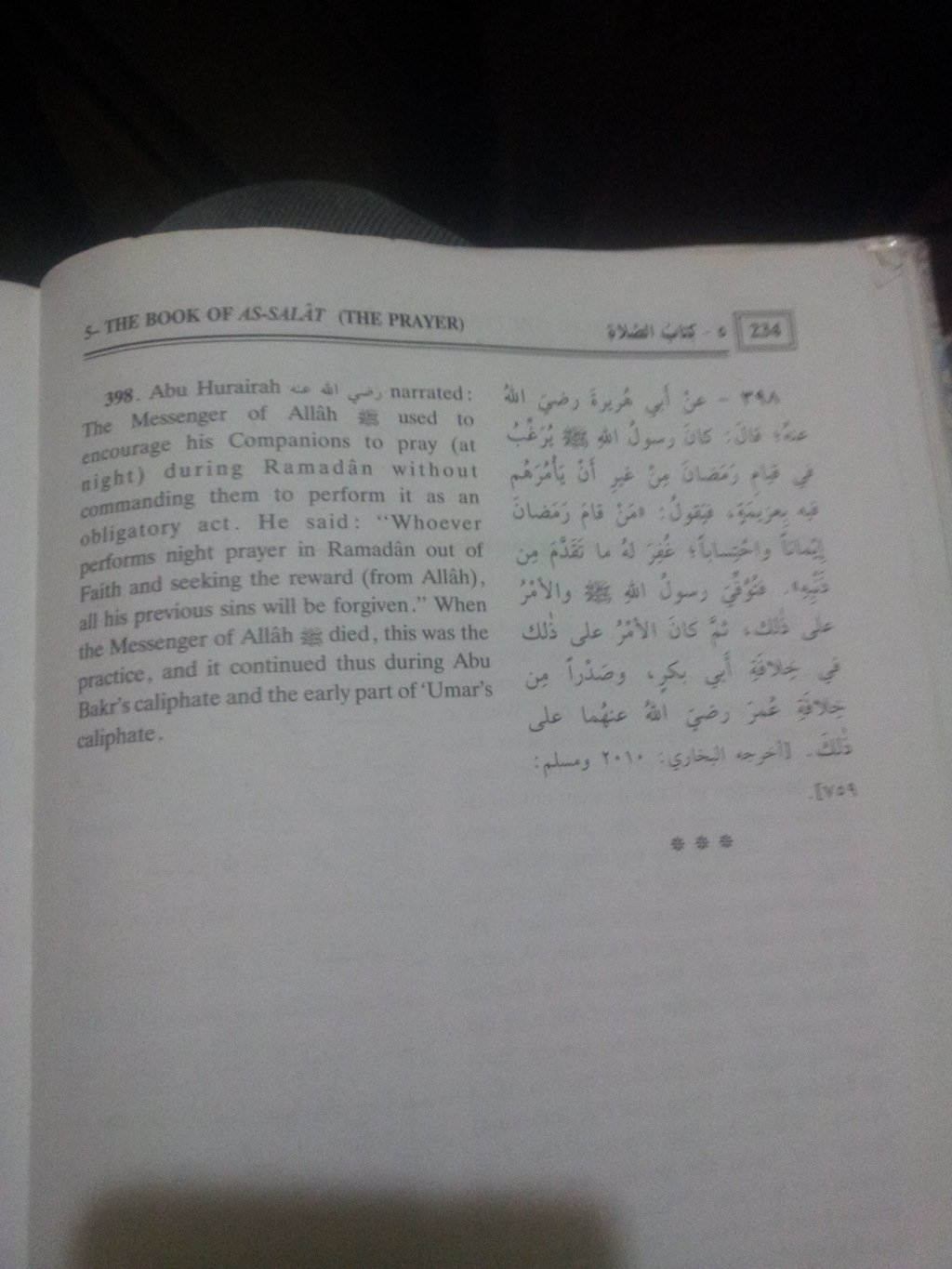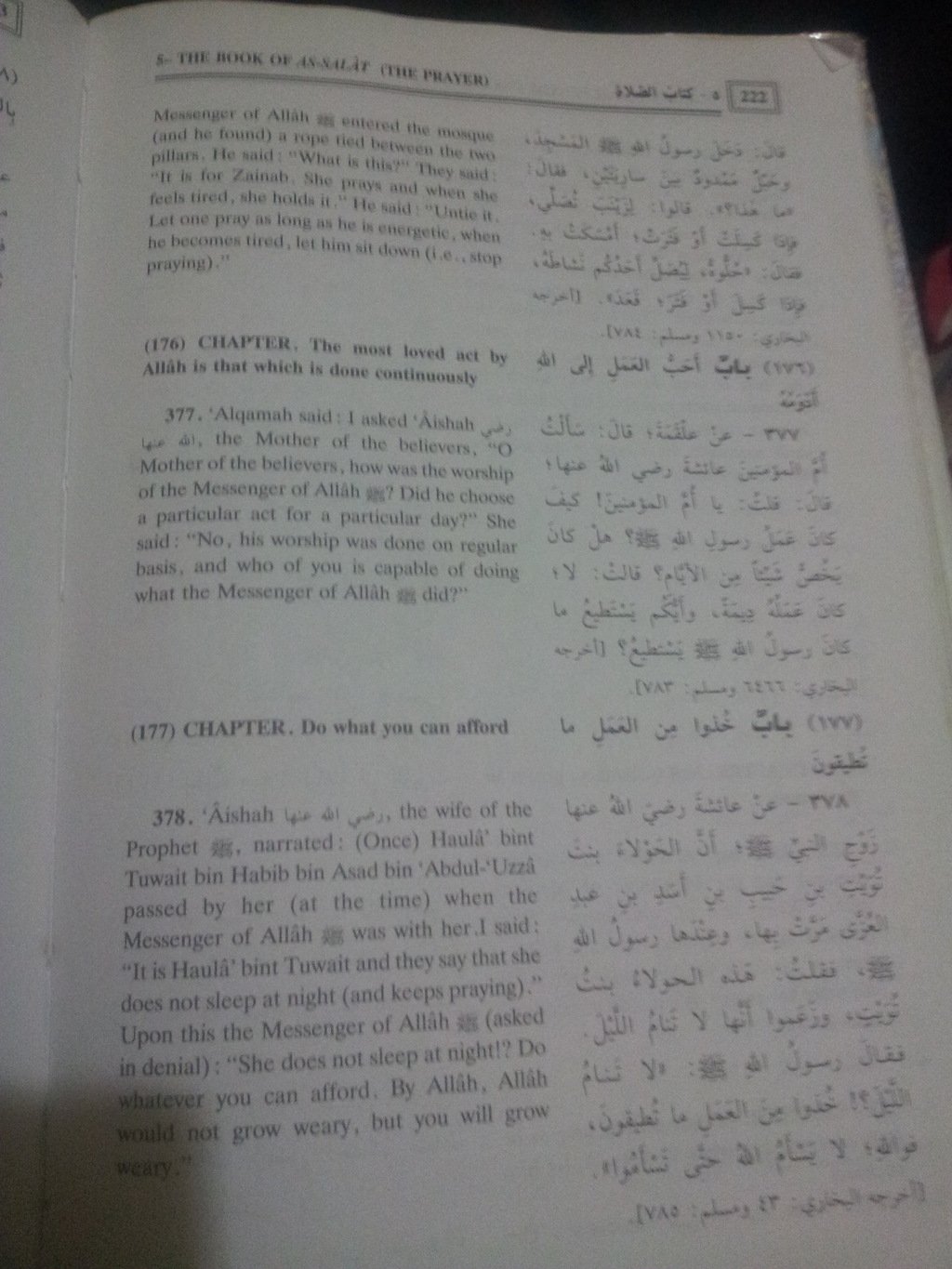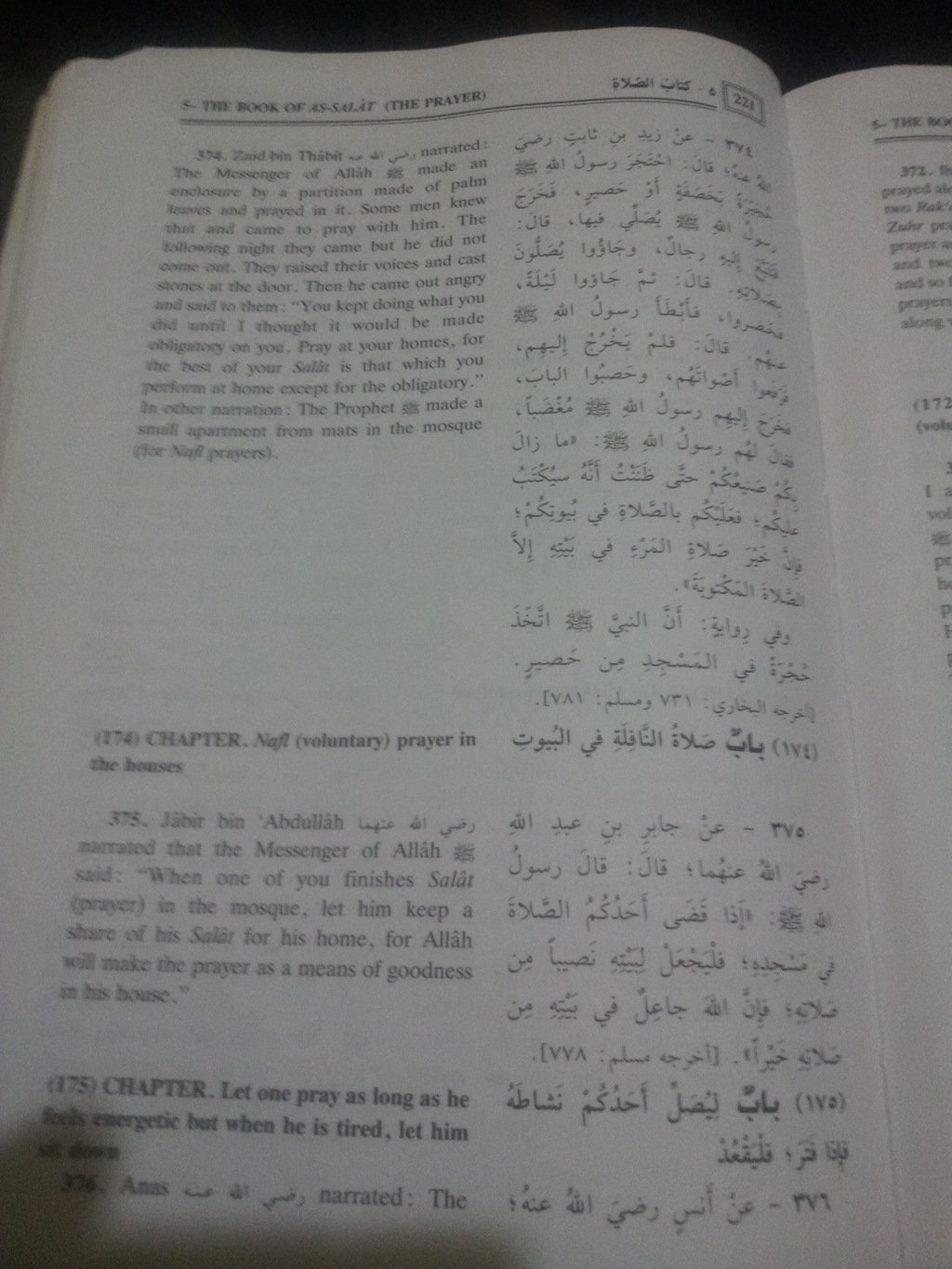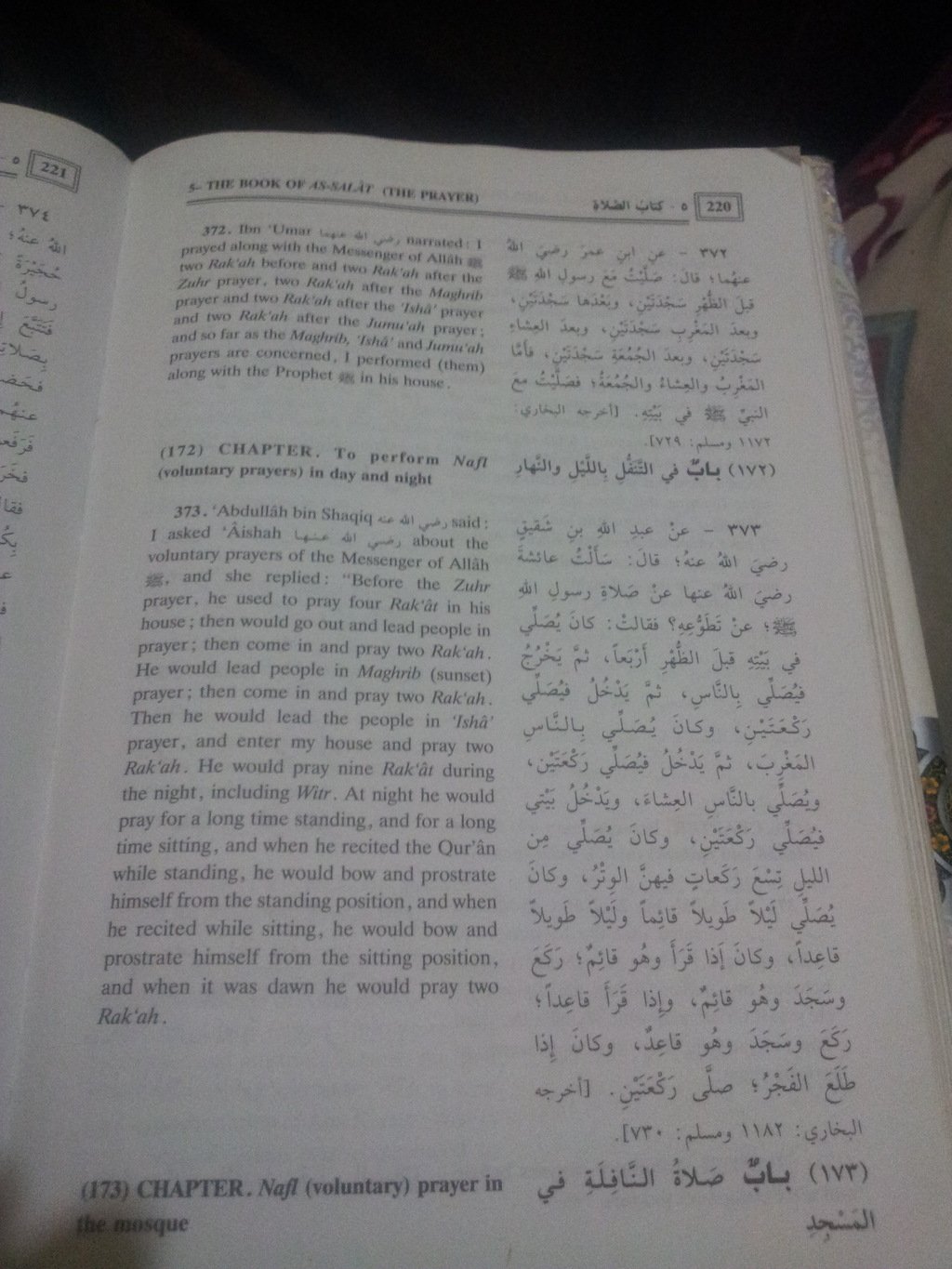Assalamu'alaikum wr wb,
The main source of additional emphasized prayers during Ramadan is the hadith: " man qaama ramadaana eemaanan wa ihtisaaban - ghufira lahu maataqaddamma min dhambih" which translates somewhere along the lines of: whosoever stands in ramadan, with faith and expectance of rewards being counted- those of his misdeeds/crimes/sins that are past shall be forgiven.
Qaama, qiyaam, qum, qumtu, qiyaamah etc are all variations of "standing" and in this context, it means standing in prayer.
when one stands at prayer during the night, it is called "qiyaam al layl", though this qiyam is not from compulsion (as with fardh prayer at isha) but from devotion.
Although there was no fixed jama'ah night prayer during ramadan during the time of the Prophet pbuh, accirding to the records preserved in Sahih Al Muslim he pbuh practised it regularly and people would join in jama'ah behind him - until he pbuh became afraid of it becoming a set prayer and a fitnah for his ummah. When he pbuh became concerned about the perception of distinction between fard and nawafil/mustahab, he refrained from coming out despite being fully aware that his followers were coughing in order to draw his (pbuh's) attention and he pbuh made that clear the next day.
It was in the time of amir al mu-mineen 'Umar ibn al khattab (may Allah be pleased with him) that it was observed that people were all over the mosque in groups and singly with a wide assortment of recitations and causing distractions for each other, so he (ra) being a pragmatic person asked if it wasn't possible to unite them in a disciplined and orderly jama'ah, and when he (ra) later observed the melodious harmony which came as a result of that unification, he (ra) exclaimed: "what a splendid innovation (bida'ah)". Now although the term bida'ah has negative connotations due to some ridiculous and unnatural traditions being peddled as virtue or even necessity, it didn't apply in the negative form in this instance since there is a clear understanding that it was accepted and encouraged but without compulsion at the time of the prophet pbuh.
Since it became a communal act it is of course obvious that the leadership would need to agree upon a number of units that the imam would complete, and since it was the blessed month of ramadan, a higher number of units would naturally be chosen over the standard 8 or 12.
The Prophet pbuh is known to have put more effort into prayers and almsgiving during ramadan.
The only time it becomes a problem or bad innovation bida'ah is when people come to consider it as sinful to leave it, or when those able to do more scold those able to do less and thereby make them feel guilty for not overburdening themselves beyond what Allah has laid upon them as fardh. This kind of mindset can be dangerous to the extent of causing fitnah in iman, since the Prophet pbuh has strongly advised people to stop praying nawafil/reading quran when their hearts begin to push back - this can also lead to nifaq and other bad thoughts about Allah who tasks no soul beyond what it can bear.
There are many who skip night prayer during ramadan despite pasding the mosque simply because they are under the impression that it is useless unless they complete 20 units, this can also cause them to develop a skiving mentality during fara-idh.
it is clear to me that the Prophet pbuh encouraged as much as one can reasonably push themselves, but never allowed them to entertain wrong impressions about the difference between fardh and nafl (it was indeed nafl as the prophet pbuh's observed nafl actions were recorded as his sunnah and categorized according to regularity).
Remove the fake yokes as the Prophet pbuh did and you'll slowly learn to practise for the sake of Allah and not under duress - the fara-idh have distinct priority.
There are recommendations, there is self exerted effort, and then there are innovations.
May Allah preserve us from being the generation which falls short of duties or slacks, and from being the generation which cements false yokes that overburden and leave scars on the psyche of generations to come - since every false bida'ah is a dualaalah, and every dualaalah ends up landing the victim in hell (in absence of Allah's mercy).
The worst 20 units is the namesake/showsake/naam/dekhane ke waaste 20 units that are marathon rushed to the extent that they lose all semblance of
tarteel and ability to comprehend, and become an oppressive repelling force upon the heart.
Better off sitting in the corner or at home reading the Quran with translation at a pace you can learn and comprehend.
https://www.dropbox.com/s/ewytu4om4dxumwd/incoherent quran recitation-murmuring.3ga?dl=0
And Allah knows best.
With all that said, only someone who's exhausted or has an urgent need would wan't to miss a single unit of prayer if it's recited the way it is at east london mosque and masjid al haraam.
Tarteel
Tarteel*(Arabic:*ترتيل) is the Arabic word for*hymnody, the term is commonly translated in reference to the*Qur'an*as
"recitation,
"in proper order"
and "with no haste."
This word is used in chapter 73 verse 4 of the Qur'an:"and recite the Qur'an in slow measured rhythmic tones."
The Arabic word translated as "slow, measured rhythmic tones" is*tarteel.
It is also the term used to define the rules explaining proper recitation of the Qur'an in the manner that*Gabrielrevealed it to*Muhammad.
While reciting one has to keep in mind the*fasl(division) and*wasl*(joining) of words and sentences.
The interpretation of the above mentioned verse according to*Ibn Kathir*is
"recite the Quran slowly, making the letters clear, for this is an assistance in understanding and pondering the meaning of the Quran."
The fourth*caliph*Ali ibn Abi Talib*said that*
tarteel*is delivering words according to their*makharij*(outlets for sound or intonations).
Saying the words clearly and slowly and reciting with understanding and uttering the contents correctly is of prime importance.
One should neither recite the Qur'an with such speed that it might become incomprehensible and bore the listener nor the recitation be so slow that it takes a long time and puts the listeners off.
According to him "Following the middle path is a virtue" or in Arabic:*"Khayru l-umūri awsaṭuhā"*(خير الأمور أوسطها ).
https://en.m.wikipedia.org/wiki/Tarteel
Although night prayer is usually prefered in privacy and solitude, it can be rewarding and motivating to pray with the Muslims behind an imam who knows the Quran well and has a pleasant and clear voice.
What about tahajjud?
Same thing.
”Wa
minal laili fatahajjad bihi naafilatan laka `asaa an yab`atsaka rabbuka maqaaman mahmuudan”
(Quran : Al-Isra : 79)
..... Please guide if someone has complete knowledge on this matter.
Only Allah has complete knowledge, the best you can hope for are tidbits of information from which you must piece together an understanding, if there is ikhtilaaf, refer to Quran and sunnah.
If you feel uncertain or unable to get your head around it, follow the opinion of a scholar you trust not to fail you when standing on the day of judgement since you will ultimately have to answer for yourself.


